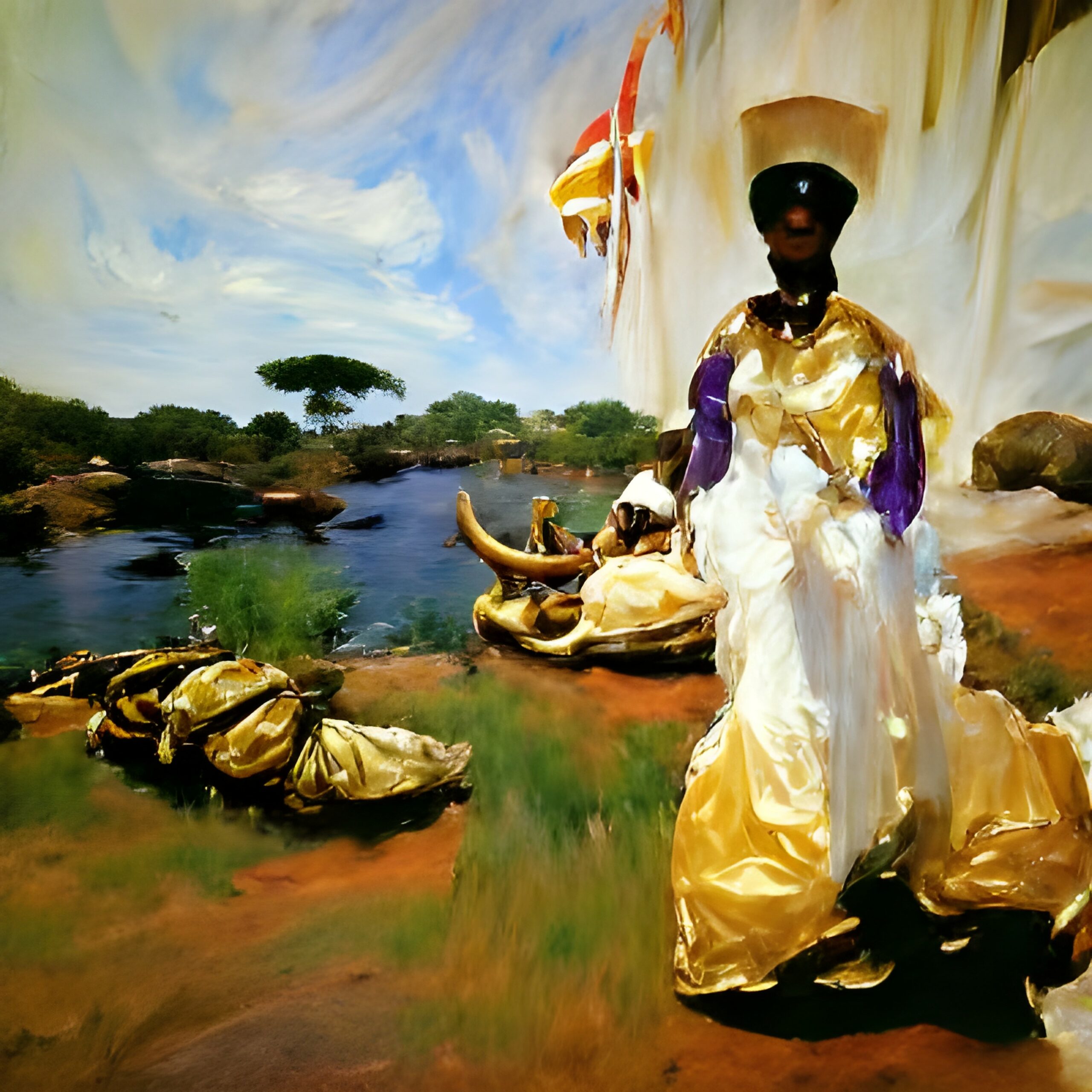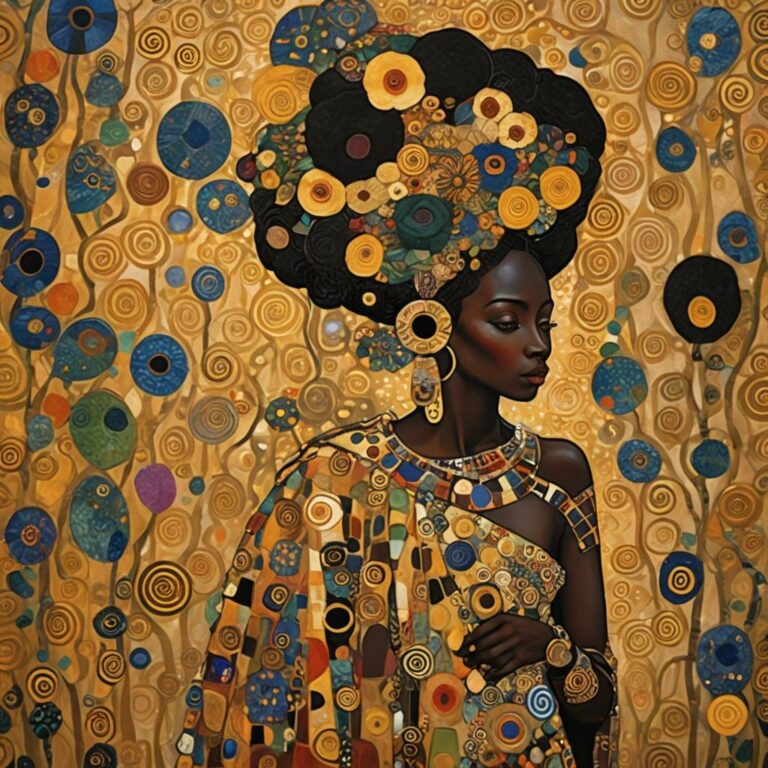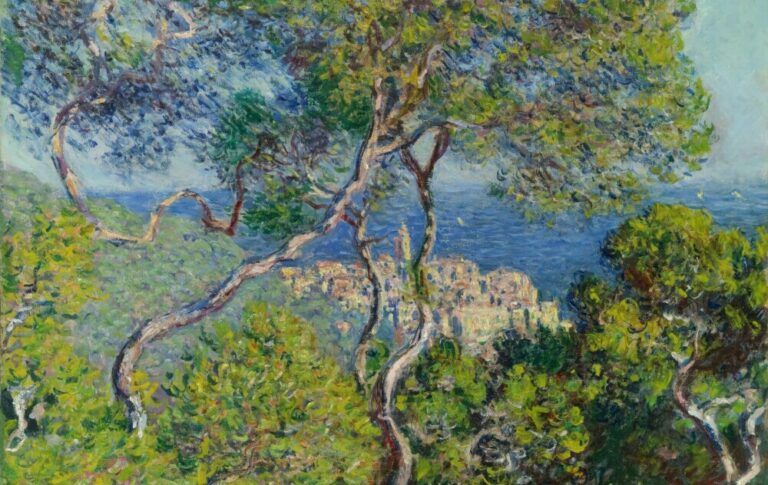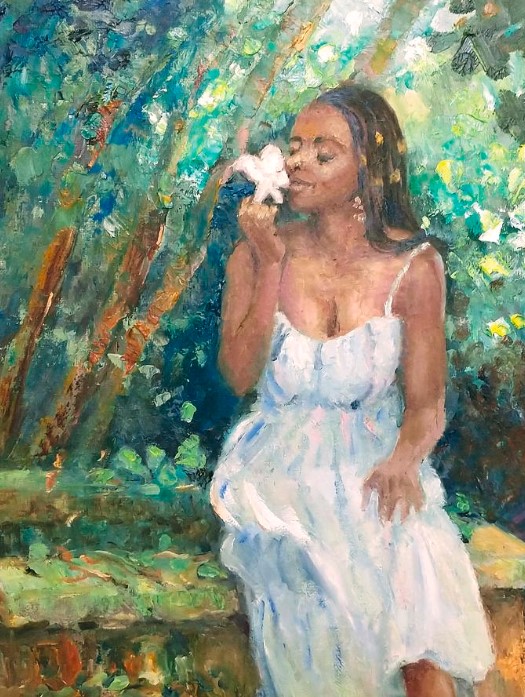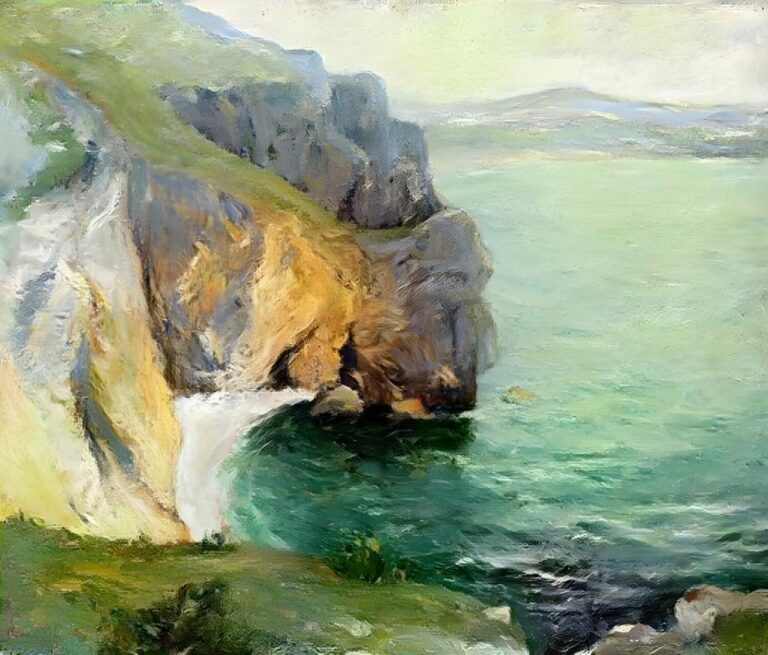African Art Collectors
Have you noticed the buzz? African art is seizing the global stage, making its presence known more forcefully than ever. I’m going to unveil the curtain on this explosive trend and show you how African artworks are capturing the hearts of audiences worldwide.
This surge isn’t happening in a vacuum. Major auctions and prominent art fairs have thrust these works into the limelight, commanding attention and significant bids. Sotheby’s and Christie’s, for example, have hosted dedicated auctions for Modern and Contemporary African art, reflecting its gaining prestige.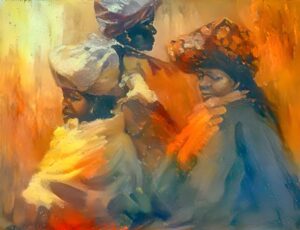
What’s truly captivating is the rich tapestry of diversity within this spectrum of art. From intricate Benin bronzes to the abstract canvases of contemporary visionaries, African art collects centuries of stories, traditions, and voices into each piece. It’s not just a growing asset class for collectors; it’s an ever-evolving diary of a continent’s soul.
As momentum builds, we’re seeing an enthusiastic response from the art world. This isn’t just about adding unique pieces to a collection; it’s an acknowledgment of the cultural significance these works hold. They are windows into histories and perspectives that have long deserved the spotlight, now finally stepping forward.
Recognizing the depth of African art compels us not only to appreciate its aesthetics but also to explore the narratives behind prominent figures championing this cultural renaissance. Next, we’ll spotlight some key influencers in the African art scene and unearth the passions driving their collections.
Influential Figures in the African Art Scene
I’m going to kick things off by introducing you to some of the power players who are shaping the world of African art collecting. These influential figures come from diverse backgrounds but share a common passion for African creativity. One such luminary is Jean Pigozzi, an Italian businessman and collector with one of the largest collections of contemporary African art. His eclectic taste has put the spotlight on African artists who might otherwise have gone unnoticed on the global stage.
The African diaspora also plays a critical role in promoting the continent’s artwork. They’re not just about reconnecting with their heritage; they’re also about creating new platforms for African artists to shine internationally. Personalities like Kasseem Dean, known as Swizz Beatz in the music world, are leveraging their stardom to elevate African art through exhibitions and collaborations.
Art collectors are powerfully influencing the market value and global appreciation for African art. A significant number of these collectors are also working to ensure that African artists gain the recognition they rightly deserve. People like the Nigerian-born, Yemisi Shyllon, are making history by donating extensive private collections to public museums, helping to immortalize African culture and history.
What’s especially important to remember here is the ripple effect these collectors have. They’re championing for broader recognition of African art across museums and galleries worldwide, and this amplifies the voices of African artists, leading to increased demand and higher auction results.
The Importance of Provenance and Ethics in Collecting
Understanding the historical context and provenance of African artworks isn’t just an academic exercise; it’s a crucial aspect of collecting. When I say provenance, I’m talking about the artwork’s life story – who made it, who’s owned it, and how it’s found its way to the present. Provenance can affect an artwork’s value, its cultural significance, and, importantly, its ethical status.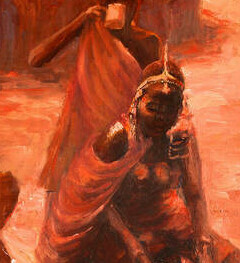
There’s a lot of opportunity for collectors to act as stewards of culture, but with that comes the responsibility to collect ethically. Beyond the financial and aesthetic value, you should consider the cultural and sacred importance of pieces. That’s why it’s been heartening to see heightened scrutiny in the art world recently, with a clear shift towards more ethical collecting practices. Repatriation efforts for artworks taken during colonial periods are making headlines, and collectors are increasingly part of these critical conversations.
Successful collectors are those who do more than just accumulate; they preserve. In my opinion, stewardship involves an alignment of collector’s passion and the commitment to maintain the integrity and history of the artworks. Controversies around the acquisition of artifacts have cast a spotlight on the need for more stringent due diligence, ensuring objects were not removed from their origin under dubious circumstances.
A vital aspect that connects closely to ethical collecting is conservation. Preserving the physical and cultural integrity of artworks is imperative. When I chat with collectors, they often emphasize their role in conserving art for future generations. These efforts can range from supporting restoration projects to backing initiatives that protect the legacies of African artists and their communities.
Navigating the African Art Market: Tips for Aspiring Collectors
You might be enticed to start your own collection after seeing the profound impact African art has on personal and cultural levels. If you want to immerse yourself in this vibrant art scene, there are some key pointers to bear in the room.
Embarking on your art-collecting journey begins with education. Dive into the history and current climate of African art. Attend exhibits, follow respected galleries, and engage with the community of artists and fellow collectors.
When choosing pieces, opt for art that resonates with you. Remember, this isn’t just about potential financial gain; it’s also about personal enjoyment and cultural engagement.
Connecting with knowledgeable curators or experienced collectors can guide you in making informed choices. They can help you navigate the intricate aspects of authenticity and provenance.
While considering an investment in African art, it’s vital to be aware of the ethical implications. Always ensure that your acquisitions are ethically sourced and that your involvement supports the artists and their communities.
Finally, don’t rush your decisions. The African art market is dynamic, and taking the time to understand your tastes and market trends will pay off. Your first acquisition sets the stage for a potentially lifelong passion for African artistry.
Remember, your involvement as a collector not only enriches your life but also contributes to preserving and recognizing the immense talent and cultural heritage of Africa.
